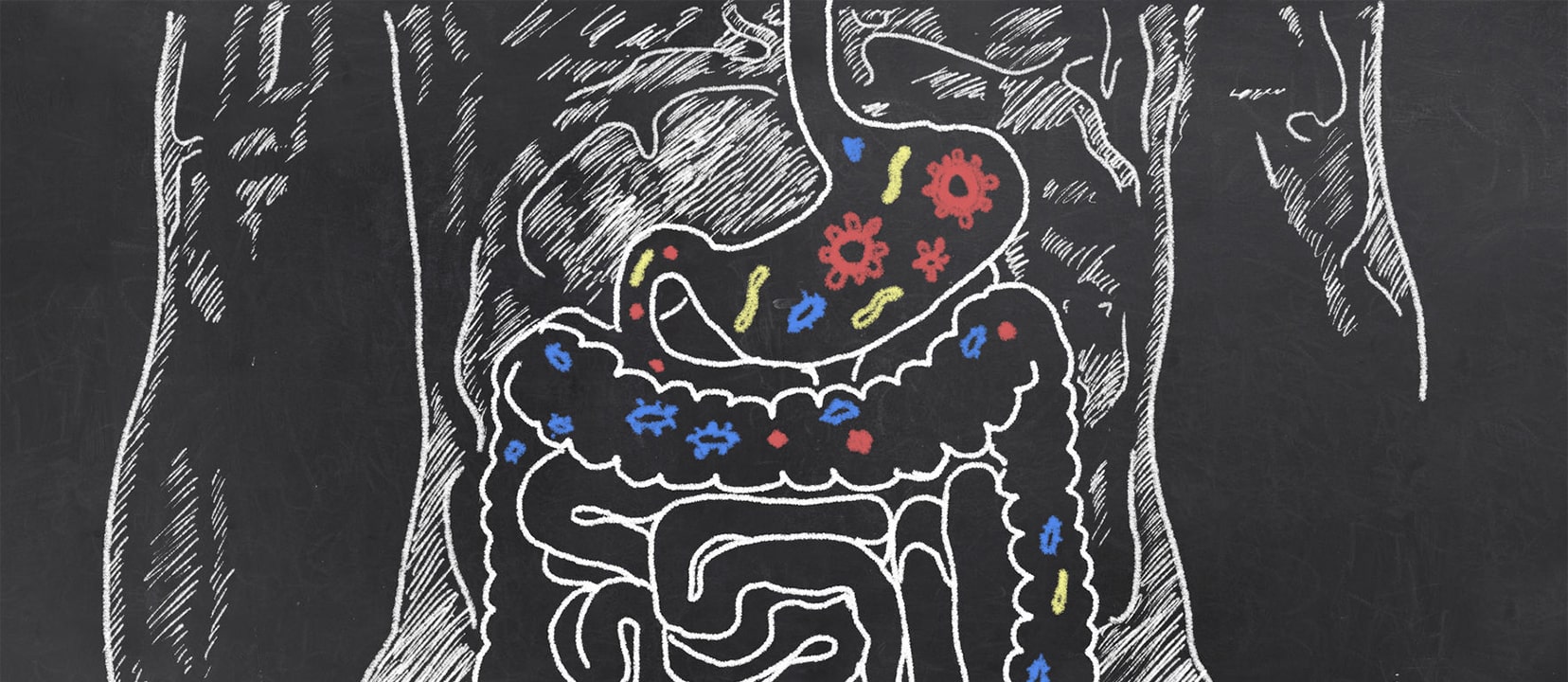What has driven the dramatic increase in prevalence of the inflammatory bowel disease Crohn’s disease in societies that rapidly westernized—a disease practically unknown just a century ago? What has changed in our internal and external environment that has led to the appearance of this horrible disease?
Japan suffered one of the most dramatic increases, and out of all the changing dietary components, animal protein appeared to be the strongest factor. There was an exponential increase in newly diagnosed Crohn’s patients and daily animal protein intake, whereas the greater the vegetable protein, the fewer the cases of Crohn’s, which is consistent with data showing a more plant-based diet may be successful in both preventing and treating Crohn’s disease (See Preventing Crohn’s Disease With Diet and Dietary Treatment of Crohn’s Disease). But what about other inflammatory bowel diseases?
In the largest study of its kind, shown in my video Preventing Ulcerative Colitis with Diet, 60,000 people were followed for more than a decade. Researchers found that high total protein intake—specifically animal protein—was associated with a significantly increased risk of the other big inflammatory bowel disease, ulcerative colitis. It wasn’t just protein in general, but the “association between high protein intake and inflammatory bowel disease risk was restricted to animal protein.” Since World War II, animal protein intake has increased not only in Japan but also in all developed countries. This increase in animal protein consumption is thought to explain some of the increased incidence of inflammatory bowel disease in the second half of the 20th century.
Other studies found this as well, but why? What’s the difference between animal protein and plant protein? Animal proteins tend to have more sulfur containing amino acids like methionine, which bacteria in our gut can turn into the toxic rotten egg smell gas, hydrogen sulfide. Emerging evidence suggests that sulfur compounds may play a role in the development of ulcerative colitis, a chronic inflammatory disease of the colon and rectum characterized by bloody diarrhea.
The first hint as to the importance of our gut flora was in the 1970’s when “analysis of stools showed that their bulk was made up of mostly bacteria, not undigested material.” We’re pushing out trillions of bacteria a day and they just keep multiplying and multiplying. They do wonderful things for us like create the protective compound, butyrate, from the fiber we eat, but unfortunately, the bacteria may also elaborate toxic products from food residues, such as hydrogen sulfide, “in response to a high-meat diet.”
Hydrogen sulfide is a bacterially derived cell poison that has been implicated in ulcerative colitis. We had always assumed that sulfide generation in the colon is driven by dietary components such as sulfur-containing amino acids, but we didn’t know for sure until a study from Cambridge was published. Researchers had folks eat five different diets each with escalating meat contents from vegetarian all the way up to a steak each day. They found that the more meat one ate, the more sulfide; ten times more meat meant ten times more sulfide. They concluded that “dietary protein from meat is an important substrate for sulfide generation by bacteria in the human large intestine.”
Hydrogen sulfide can then act as a free radical and damage our DNA at concentrations way below what our poor colon lining is exposed to on a routine basis, which may help explain why diets higher in meat and lower in fiber may produce so-called “fecal water” that causes about twice as much DNA damage. Fecal water is like when researchers make a tea from someone’s stool.
The biology of sulfur in the human gut has escaped serious attention until recently. Previously, it was just thought of as the rotten egg smell in malodorous gas, but the increase in sulfur compounds in response to a supplement of animal protein is not only of interest in the field of flatology—that is, the formal study of farts—but may also be of importance in the development of ulcerative colitis.
I have several videos on our microbiome, including:
- Microbiome: The Inside Story
- Prebiotics: Tending Our Inner Garden
- What’s Your Gut Microbiome Enterotype?
- How to Change Your Enterotype
- Gut Dyspiosis: Starving Our Microbial Self
- Gut Microbiome – Strike it Rich with Whole Grains
In health,
Michael Greger, M.D.
PS: If you haven’t yet, you can subscribe to my free videos here and watch my live, year-in-review presentations:
- 2012: Uprooting the Leading Causes of Death
- 2013: More Than an Apple a Day
- 2014: From Table to Able: Combating Disabling Diseases with Food
- 2015: Food as Medicine: Preventing and Treating the Most Dreaded Diseases with Diet
- 2016: How Not To Die: The Role of Diet in Preventing, Arresting, and Reversing Our Top 15 Killers
